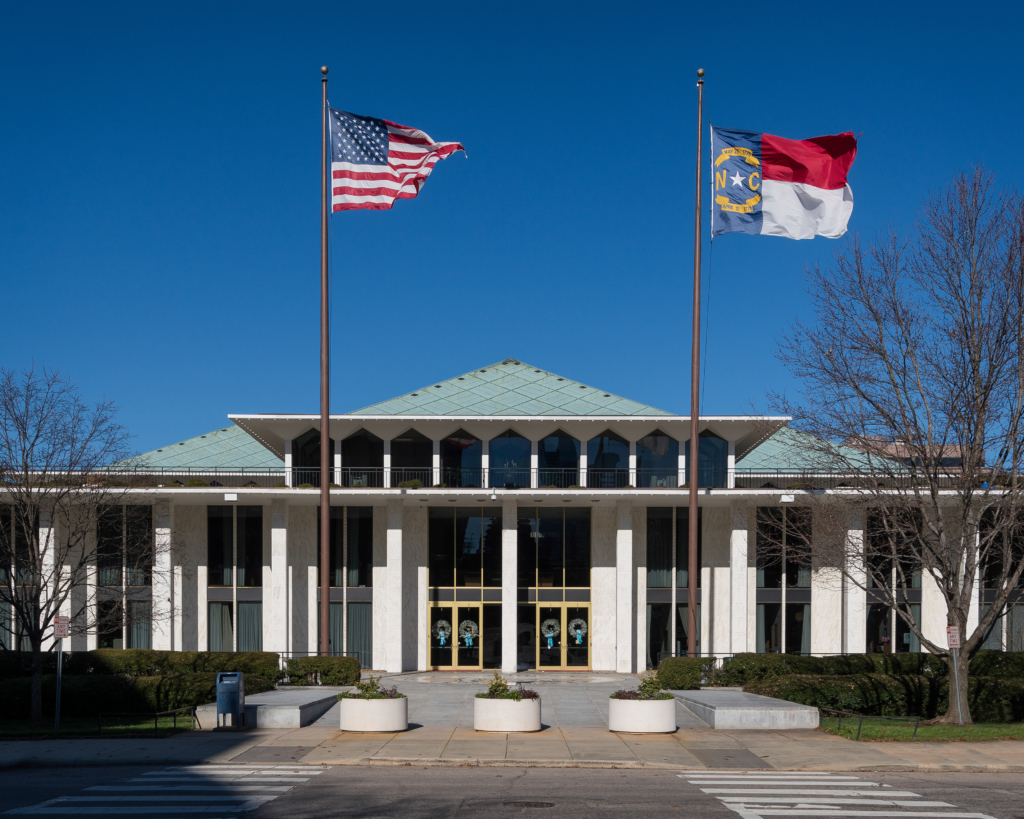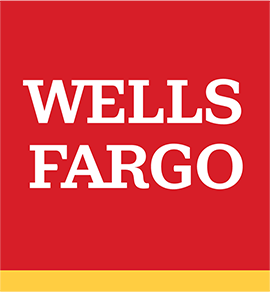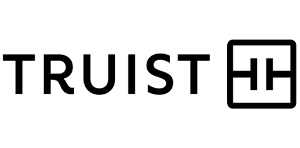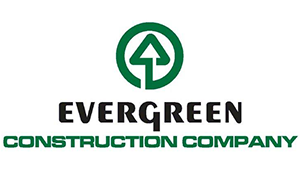
Yesterday the North Carolina House of Representatives unveiled their budget proposal for the fiscal years 2021-2022 and 2022-2023. The House budget allocates:
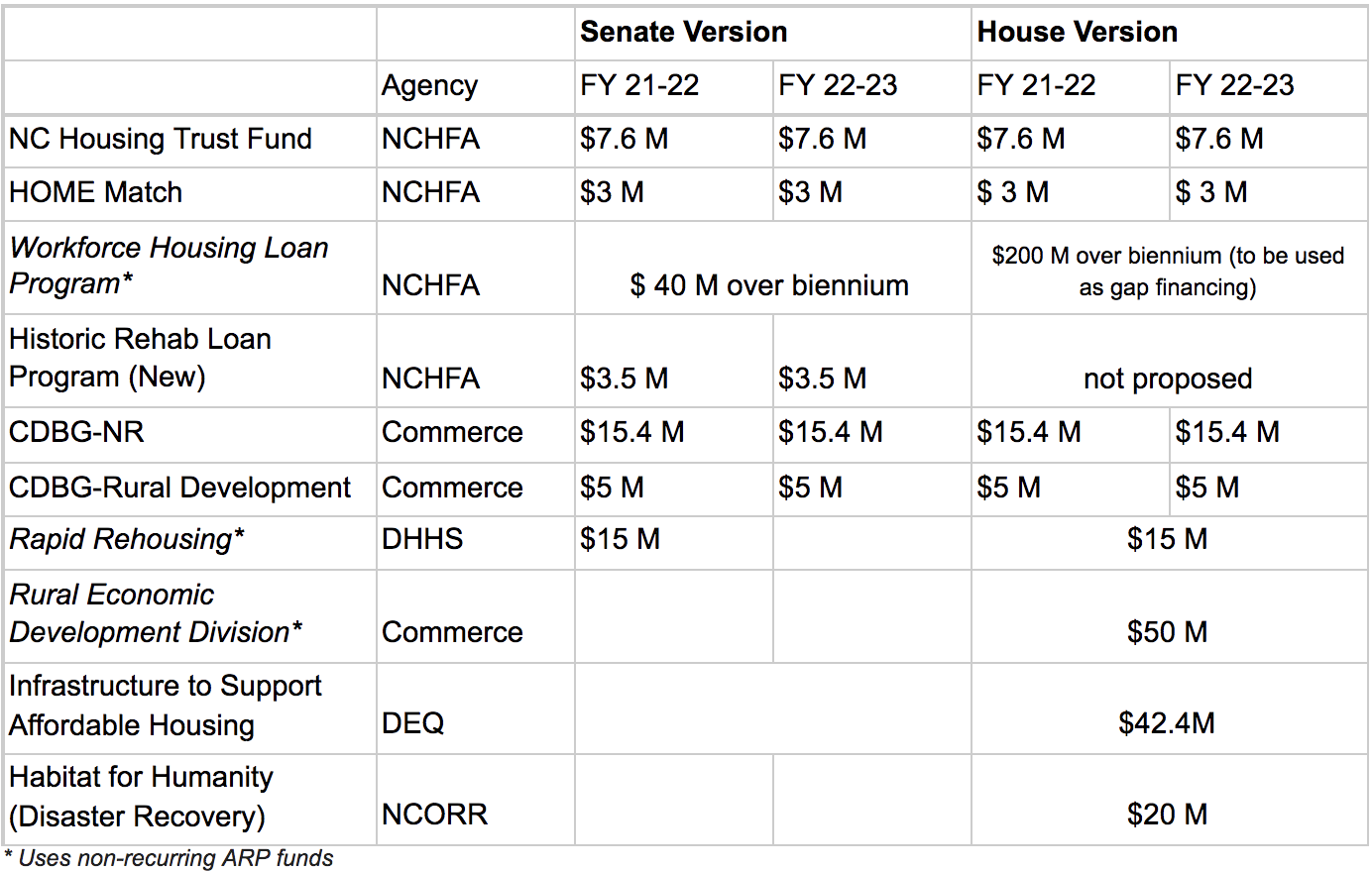
The House version sees an increase to the Workforce Housing Loan Program from $40 million as proposed by the Senate to $200 million. Using ARP funds, the increase to WHLP is intended to allow NCHFA to offer gap funding to LIHTC developments facing significant budget shortfalls due to dramatic cost increases resulting from the COVID-19 pandemic.
Some other House changes include:
- $10 million and $40 million to Winston-Salem and Dare County respectively for affordable housing production
- $250,000 to Habitat for Humanity of Gaston County for economic development related infrastructure projects
- Provisions that reiterate or further define the criteria by which local governments may institute periodic inspections for hazardous conditions in residential rental properties
For housing programs the House budget provides more investment. However, the House budget also:
- Includes the harmful Senate provisions relating to the NCHFA’s budgeting and accounting procedures; and
- Revises provisions relating to NCHFA’s administration of the $273 million Homeowner Assistance Fund (HAF) from the American Rescue Plan.
The biggest highlight from what we have seen thus far is the much needed gap funding for existing affordable housing projects that have been impacted by rapidly rising construction costs. There is work to do to keep this funding in the budget once they begin negotiations with the Senate. There is also work to do to remove the harmful provisions that impact NCHFA accounting and budgeting procedures.
The budget (formerly known as SB 105) is expected to be voted on by the House this week, possibly as early Wednesday afternoon. If approved the House and Senate will convene a conference committee to attempt to reconcile differences in their respective budget proposals. The Coalition will continue to monitor budget activity in the General Assembly.

